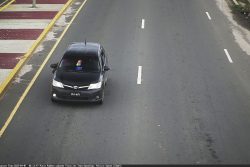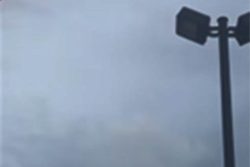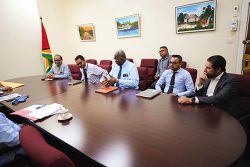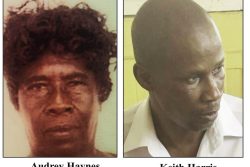As the recent imposition of the 14% Value Added Tax (VAT) on private education services continues to attract criticism, Leader of the Opposition Bharrat Jagdeo yesterday added his voice to the call for the decision to be reversed.
Jagdeo, in a statement to the press released yesterday, said the imposition is not just callous and cruel but also a possible violation of Article 149 of the Constitution, which affords protection from discrimination.
Jagdeo stated that Guyana’s private education system has become a fundamental supplement to public education in the country and that the imposition of VAT on private educational institutions would amount to discrimination since students and parents attending public schools do not bear this burden.
“This discriminatory treatment may amount to a violation of Article 149 of the Constitution of Guyana, which affords protection from discrimination, as a fundamental right and freedom of all of our people; and 149I of the Constitution, which provides that: “no person shall be hindered in the enjoyment of the right to establish a private school which shall be under regulation by the State,” he added.
According to Jagdeo, under the PPP/C governments, the growth and proliferation of private schools throughout the country were encouraged out of a firm belief that parents and children alike should have the freedom and option to access education from private as well as public schools and institutions. He credited this for creating a very strong and viable private education industry across the country and argued that it generates economic benefits and has made a contribution to raising the standard and quality of education in the country.
As a result, Jagdeo said the unhindered right to affordable education is a basic human right to which every citizen is entitled and he stressed the PPP/C’s firm opposition to the imposition of VAT on educational services and materials.
“Article 38 E of the Constitution of Guyana provides that “formal education is compulsory up to the age of 15 years…We regard this imposition as an expression of callousness and cruelty to the children and the parents of those children who are attending these private educational institutions,” the statement added.
Arguing that the education of Guyana’s children is a more worthwhile investment, Jagdeo called on government to reverse the imposition of VAT on private schools and cut ministerial salaries, overseas trips by ministers and per diem allowances of ministers by 50% if it needs to generate revenue.
Private education became subject to VAT on February 1, 2017 as a measure of the 2017 national budget.
Since the imposition of the tax, an online petition, titled “Education is a Necessity, let it be VAT free,” was started by students at the Nation’s Sixth Form College. The petition is “addressed to the politicians, economists, and strategists who made the decision to impose this levy” and asks for them to seek some other means to raise revenue. Up to press time, it had garnered 3,801 signatures. The students have stated that their intention is to have at least 20,000 supporting signatures.
The petition acknowledges that the imposition of the 14% VAT on private schools will impact very heavily on the children and youth attending the private schools. “For some, the perception is that anyone who attends a private school must be wealthy. That perception may be true for a certain percentage but, for the majority, attendance at such schools often represents a real sacrifice by a family member,” the explanatory note states.
The petition follows a letter written by Dr. Brian O’Toole, Director of the School of the Nations, which was published in the Stabroek News. In the letter, O’Toole argued that making private education subject to VAT would disenfranchise several disadvantaged persons who utilized the service.
In responding to the outcry, Minister of Finance Winston Jordan told Stabroek News that the government was not taxing education as public education remains free and therefore VAT-free. He stressed that “VAT is not a cure for social ills; it is first and foremost a fiscal tool” before reiterating that there is no VAT on public education, it remains a choice of the parent. Government is not making that choice for them.”







